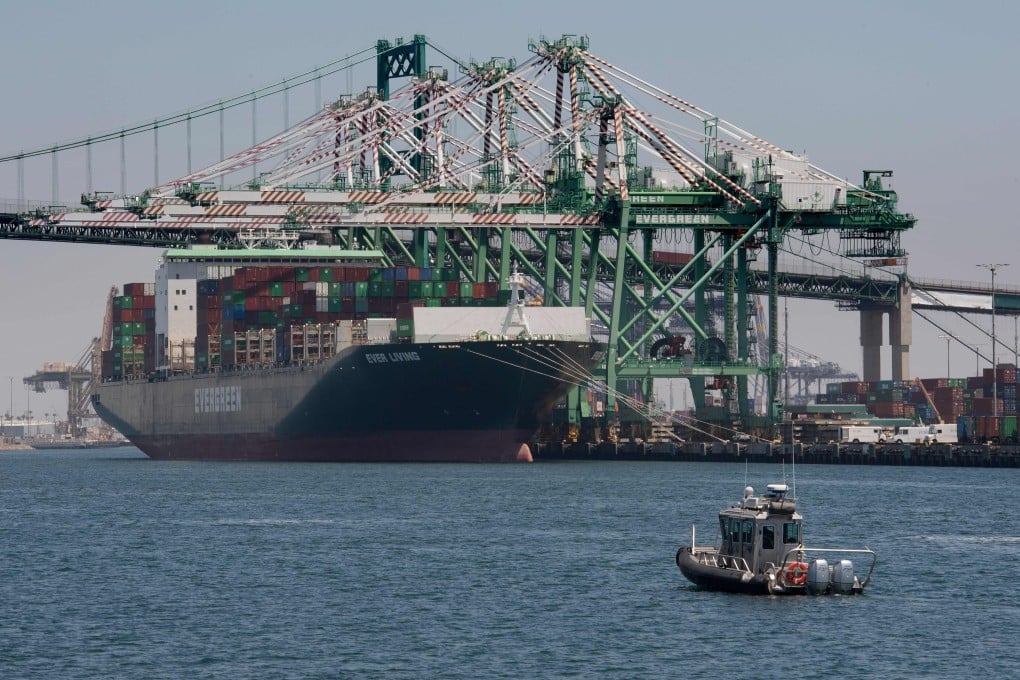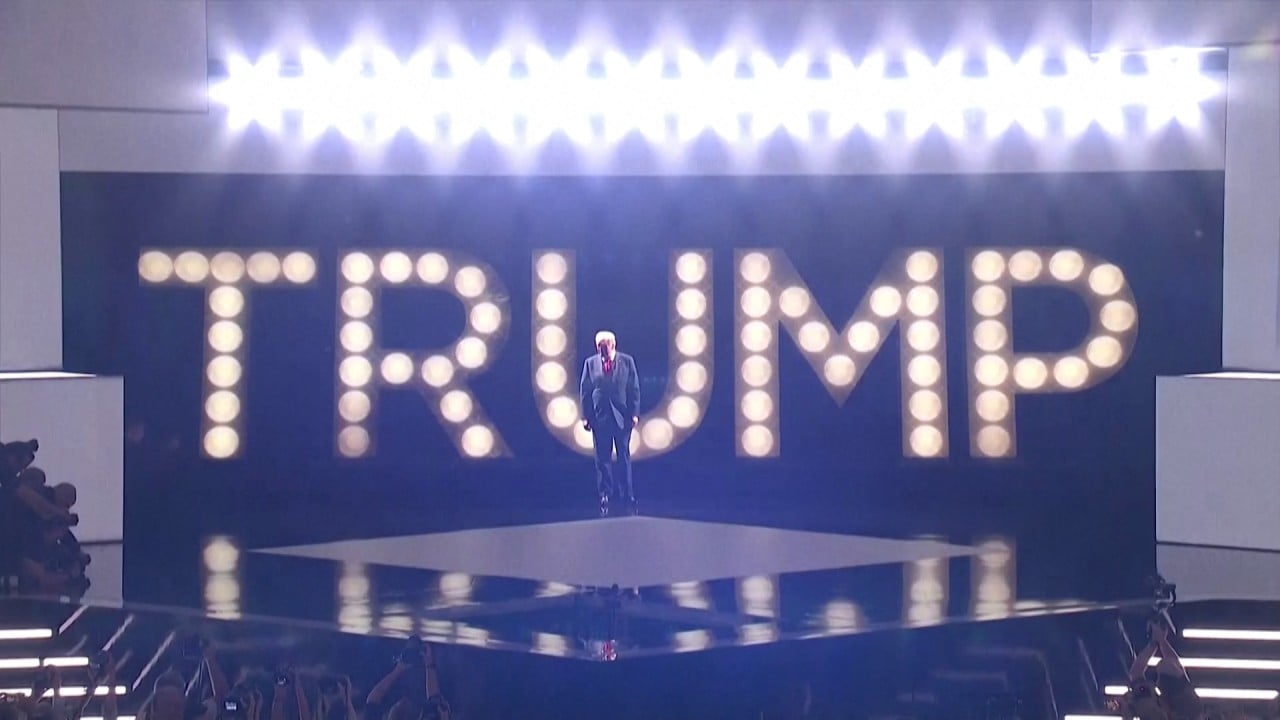Advertisement
Opinion | The US-China trade war has become a forever war, but at what cost?
- Despite rising bilateral tensions, US and Chinese should know each other’s aims and limitations to avoid economic harm for their people
Reading Time:3 minutes
Why you can trust SCMP
9

With Donald Trump still leading in polls ahead of the US presidential election, many are wondering how a second Trump administration would approach China. Trump’s stance on purely political issues is unclear. He recently remarked that Taiwan should pay for US defence, hinting at an unwillingness to defend the island, even as his former – and perhaps future – advisers advocate a large military build-up in Asia.
But Trump’s economic approach to China is much less ambiguous: the two countries are competitors, and America must win.
In this sense, Trump and the Republican Party are not so different from US President Joe Biden and the Democratic Party. The Biden-Harris administration kept most of Trump’s China tariffs, and intensified the focus on the hi-tech sector – particularly electric vehicles and batteries, which China has come to dominate.
Politicians in both major parties have expressed concerns that the United States’ national security could be jeopardised should it be unable to manufacture its own clean tech, and that it could fall further behind in an industry that is important for the renewables-based economy of the future.
In his second presidential run, Trump has proposed more tariffs: a 10 per cent tariff on every import, a 60 per cent tariff on all Chinese imports and a 100 per cent tariff on all cars made outside the US. This worries many economists because these sweeping tariffs, along with Trump’s other tax proposals, could cost Americans US$500 billion per year, a burden that would be borne disproportionately by lower-income households, which rely more on cheap imports.
Observers may wonder whether the resulting economic headwinds would prevent the US from imposing such high tariffs were Trump to return to the White House. The answer is probably no. History suggests why the government would forge ahead with a policy agenda that would harm average Americans.
Advertisement
Select Voice
Choose your listening speed
Get through articles 2-3x faster
1.1x
220 WPM
Slow
Normal
Fast
1.1x

